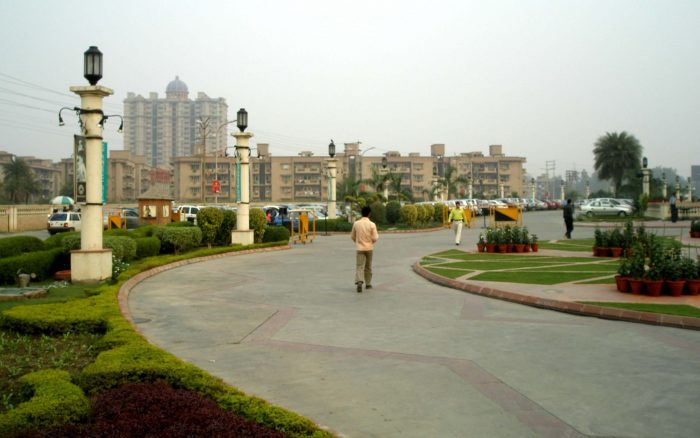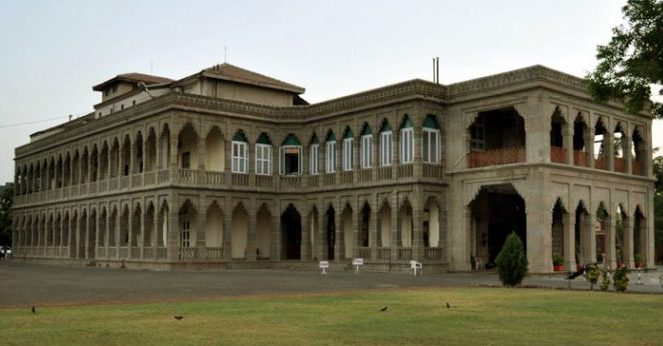Sonipat City and District Population
Sonipat is a city in the Haryana state of India. It’s 44 kilometers from Delhi & comes under the National Capital Region. Sonipat is also spelled as Sonepat and is an ancient town. It is believed that it was founded as Suvarnaprastha by the five Pandava brothers during the times of Mahabharata.
As per provisional reports of Census India, the population of Sonipat City in 2011 is 2,89,333 (2.89 Lakh) and the estimated population of Sonipat in 2024 is 4 lakh
Source: Census 2011
Population of Sonipat in 2024 - 4 Lakh (approx)
| Sonipat City | Total | Male | Female |
| Population (Census 2011) | 2,89,333 (2.89 Lakh) | 1,54,407 | 1,34,926 |
| Children (0-6) | 32,333 | 18,127 | 14,206 |
| Average Literacy (%) | 85.48% | 90.82% | 79.45% |
| Sex ratio | 875 | ||
| Child Sex ratio | 784 | ||
Sources: Census 2011
As per Census 2011, Sonipat has a population growth rate of 28.55% during 2001-2011. It’s expected to have a population growth rate of 20% during 2011-2021. As per census record of 1991, the population of the town has grown very fast from 1,43,922 in the year 1991 to 2,89,333 in the year 2011, which shows an increase of approximately 100% in 20 years i.e. the average annual increase for the past 20 years is 5%
Let’s look at population & percentage change from Year 19o1 to 2021.
| Year | Population | Actual Change | Percentage Change |
| 1901 | 12,990 | – | – |
| 1911 | 12,014 | -976 | -7.51% |
| 1921 | 12,981 | 967 | 8.05% |
| 1931 | 15,050 | 2,069 | 15.94% |
| 1941 | 17,781 | 2,731 | 18.15% |
| 1951 | 30,189 | 12,408 | 69.78% |
| 1961 | 45,882 | 15,693 | 51.98% |
| 1971 | 62,393 | 16,511 | 35.99% |
| 1981 | 109,369 | 46,976 | 75.29% |
| 1991 | 143,922 | 34,553 | 31.59% |
| 2001 | 225,074 | 81,152 | 56.39% |
| 2011 | 289,333 | 64,259 | 28.55% |
| 2021 (estimate) | 345,000 | 55,667 | 19.24% |
Sources: Census 2011
Census 2011 Details
As per provisional reports of Census India, the population of Sonipat City in 2011 is 2,89,333 (2.89 Laks) of which the male population is 1,54,407 and the female population is 1,34,926
DENSITY
The initial provisional data released by census India 2011, shows that the density of Sonipat city for 2011 is 1600 people per sq. km. Sonipat city administers area is 181.3 Sq. km
LITERACY RATE
The average literacy rate of Sonipat City in 2011 was 85.48%. If things are looked out at gender wise, male and female literacy was 90.82% and 79.45% respectively. Total literate in Sonipat city was 210,112 of which 118,281 are males while 91,831 are females.
SEX RATIO
With regards to the Sex Ratio in Sonipat, it stood at 875 per 1000 males. The average national sex ratio in India is 940 as per the latest reports of Census 2011 Directorate. In the 2011 census, the child sex ratio is 784 girls per 1000 boys
CHILD POPULATION
In census enumeration, data regarding child under 0-6 age were also collected. There were a total of 32,333 children under the age of 0-6 years. Of total 18,127 are boys while 14,206 are girls. Child Sex Ratio as per census 2011 was 784. In 2011, Children under 0-6 formed 11.62% of the total population of Sonipat City
Sources: Census 2011
Sonipat District Population
Sonipat district is a part of the Eastern Haryana Plain. The name of the district is derived from its headquarters town, Sonipat. It is often believed that Sonepat (now spelled as Sonipat) was one of the five Preasthas or towns demanded by Yudhisthira from Duryodhana as the price of peace. Another tradition ascribes its foundation to Raja Soni, the thirteenth in descent from Arjuna, a brother of Yudhishthira.
As per census 2011, the Sonipat District population is 14,50,001 ( 14.50 Laks) of which 781,299 are males and 668,702 are females. The literacy rate is 79.12% & the Male-Female Sex ratio is 856. The child sex ratio is 798. The Estimated population of Sonipat District in 2024 is 20 Lakh.
Sonipat Tehsil Population
As per census 2011, the Sonipat Tehsil or Sub District population is 7,10,183 (7.10 Lakh) of which 382,835 are males and 327,348 are females. The literacy rate is 81.50% & the Male-Female Sex ratio is 855. The child sex ratio is 787.
Know more about Haryana


